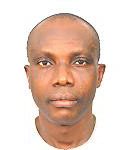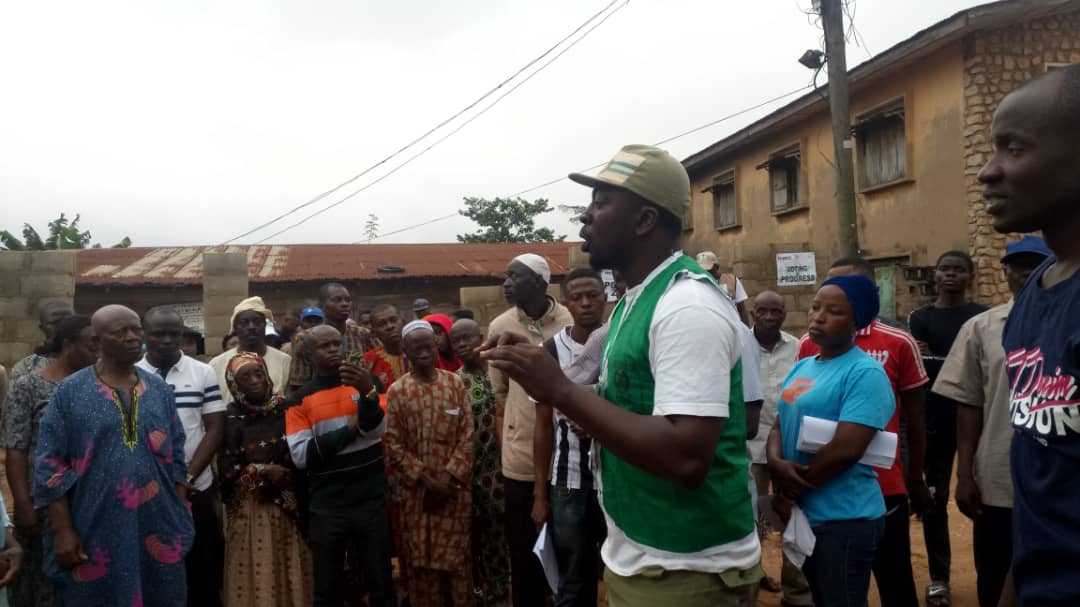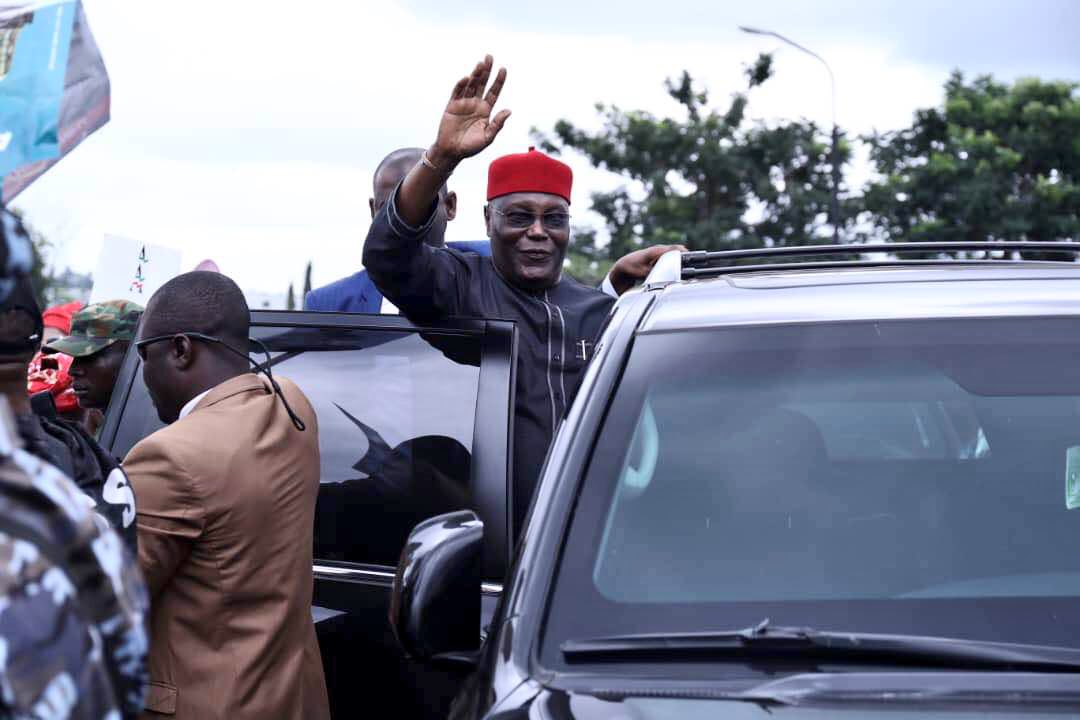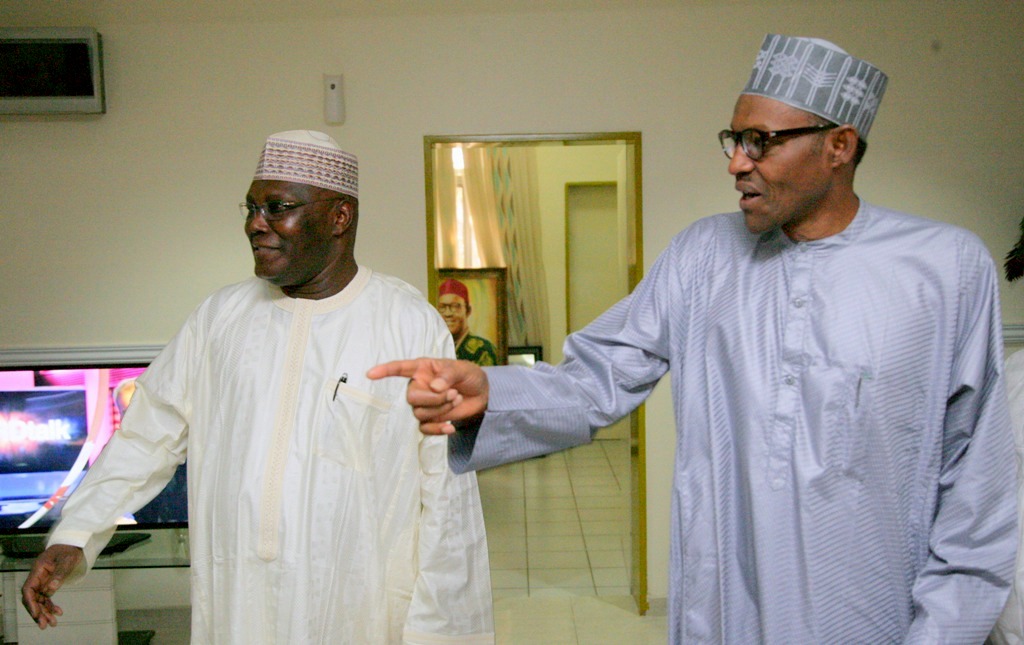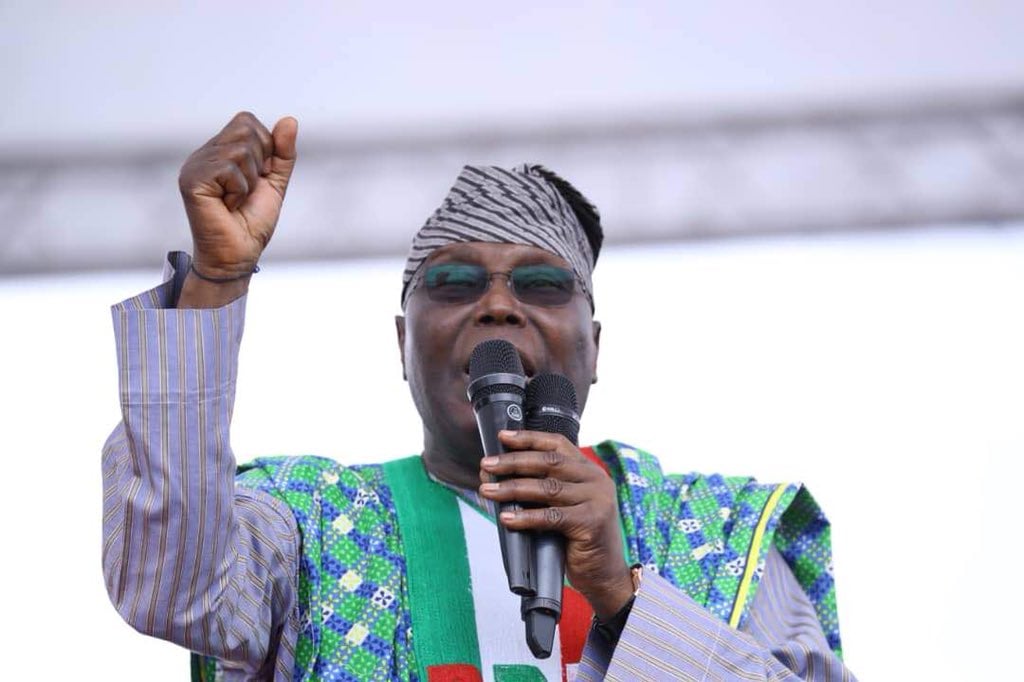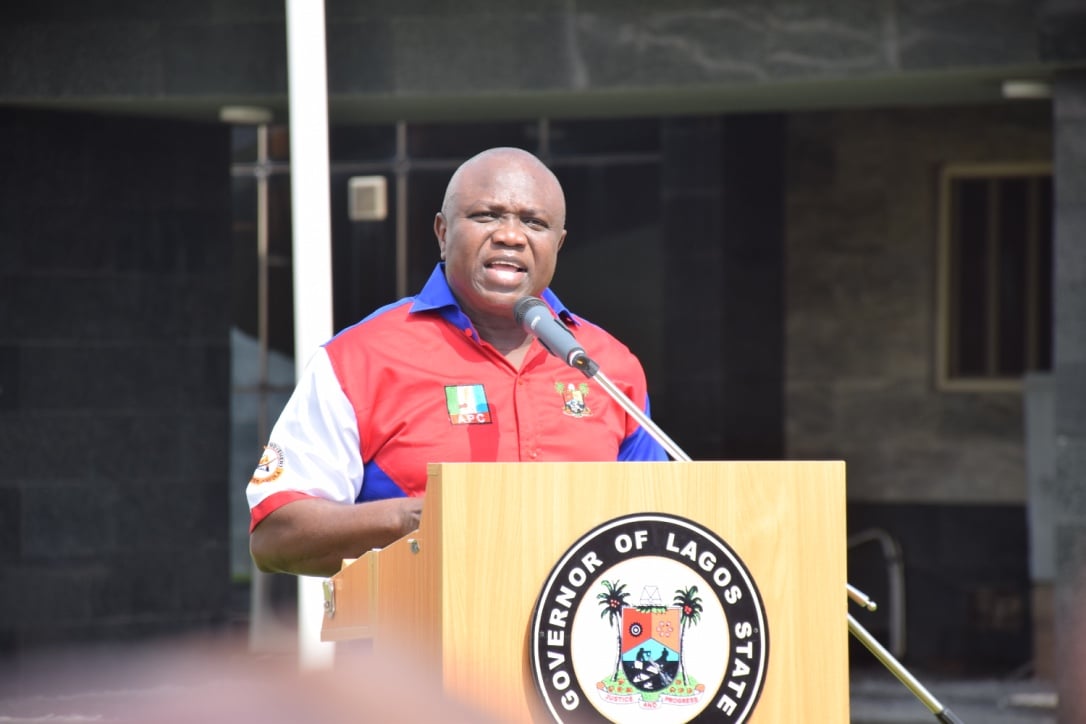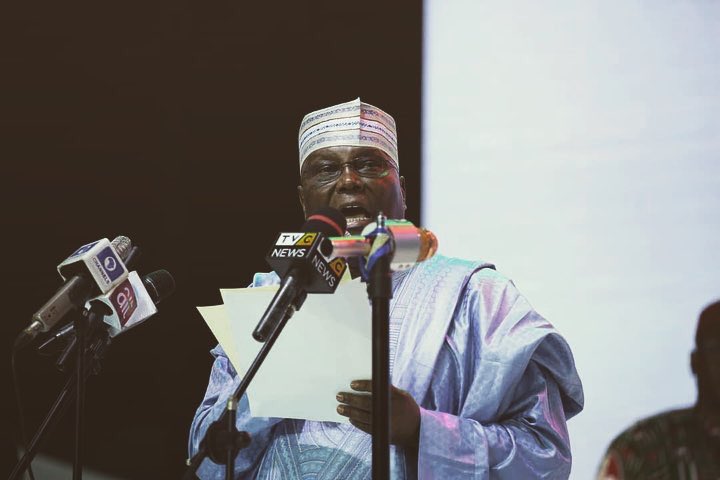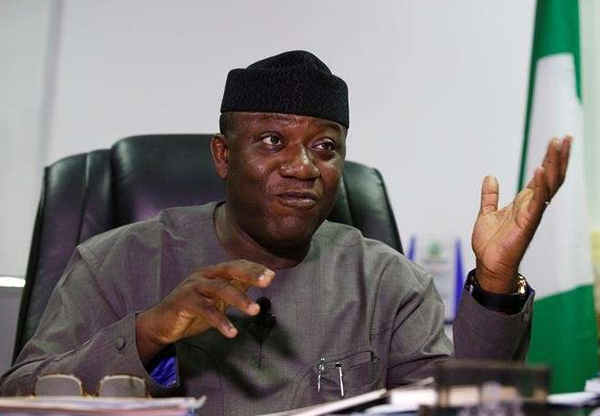If there was one thing the recent Osun State governorship poll showed up quite clearly, it was that all stakeholders in the Nigerian electoral process are taking the power of the ballot box in the country more seriously. That is one window of opportunity that must be cashed upon for the forthcoming 2019 general election.
Unlike what used to be historically, down until the early 20s, electoral contests are these days being keenly fought by gladiators who stake their chances on every vote that can be wormed out of a conscious electorate. Elections are no longer uppity shows of orchestrated heists by political buccaneers, facilitated by an evidently compromised election manager. Now voters are important – at least, to some significant extent and despite infractions that yet hobble the system.
Voters themselves seem increasingly aware of their relevance, and the fact that they substantially hold the ace on how the pendulum swings in electoral outcomes. That is to say they not only cast their votes, they also expect those votes to count in the results that eventually show up. In effect, they are no more as apathetic as historically regarding their participation and subsequent processing of electoral outcomes by the Independent National Electoral Commission (INEC).
I was in the Osun town of Iwo during the governorship poll of September 22nd and I witnessed how ordinary townspeople – as opposed to political jobbers and gladiatorial foot soldiers – turned out at dawn with zest to make their little impact felt in the electoral choice that faced the state. I witnessed how the ordinary folk, including women and the aged, hung out steadfastly at polling precincts to watch over and see through the processes that produced micro outcomes where they had cast their ballots.
Advertisement
On the following Sunday morning as the people of Osun and the larger world waited on the collation of results in hope for the declaration of a winner by the poll’s Returning Officer, grassroots anticipation was so genuine and thick you could cut it with a kitchen knife. Just like when rival teams are playing a crunch match away and fans just wouldn’t want to miss a moment of the field action, I witnessed many among the townsfolk hold mini transistor sets to their ears while treading footpaths or were being transported on motorbikes to places of appointment (you could take for granted that those riding in vehicles had their car radios on), as they kept up with media live coverage of then ongoing collation proceedings in Osogbo, the state capital. And when the collation of results led up to an inconclusive verdict by the Returning Officer, you could almost hear a groundswell of agonised frustration among the populace being instantly rechanneled into renewed expectation of a supplementary outcome.
The involvement of voters in the Osun poll was also illustrated by their zestful presence for both the main election on September 22nd and the supplementary poll on September 27th. Although the official percentages are yet to be posted by the commission on its website, it was sufficiently reported that turnout across the state was enthusiastic, such that there was eager voter turnout in defiance of early morning rainfall in some areas on the day of the supplementary poll. Actually, the rate of Permanent Voter Card (PVC) collection ahead of the elections, which INEC put at 73 percent of registrants, had also indicated a high level of voter enthusiasm.
Resurgent voter interest in the electoral process is largely so because the electoral body is visibly down on fours to deepen the integrity of the polling system. Without prejudice to partisan blame game and the merit (or otherwise) of allegations trailing the outcome of the Osun election, which may yet be fielded before the courts, you can’t in good conscience deny that the commission is by the day getting a better handle on its duties in election management. Testimonies by politicians across partisan divide and by neutral observers applauded the routine processes of the Osun poll.
Advertisement
Meanwhile, elections in Nigeria are no longer landslide runs for fleet-footed heisters. Most electoral contests now come to the wire, hence the need in many cases for the electoral commission to wait to factor in outstanding voters, which make some elections inconclusive at the first ballot and warrant supplementary polling before winners can be declared. In the Osun governorship, the official margin of victory in the September 22nd poll placed the Peoples Democratic Party (PDP) candidate 353 votes ahead in a circumstance where 2,637 votes were outstanding in seven polling units across four council areas where elections were cancelled owing to irregularities during the first ballot. Also by official verdict, the victory margin swopped the header to the All Progressives Congress (APC) candidate and inched to 482 votes in the supplementary poll. And that wasn’t without close-heeled horse-trading by the two leading political parties with the Social Democratic Party (SDP) candidate whose voter strongholds fell within the areas marked out for the supplementary poll. Bottom line is that political gladiators now reckon inevitably with the voter factor in their victory calculations.
And so, you could say we have come a long way in this country since the reforms that began in INEC in 2010. This is something to build upon by all stakeholders in the 2019 general election. For instance, contrary to widespread notion, the inconclusiveness of some elections at first ballot should be seen as a sign of strength – an indication of the electoral body’s integrity in its bid to block buccaneer habits of political actors. That, of course, isn’t to foreclose that the commission itself yet harbour in-house buccaneers who need to be stopped from inflicting historical malpractices that had odourised the collective and undermined the credibility of the electoral process.
The recent Osun poll as well showed up some tendencies that pose clear threats to the forthcoming general election. Political thuggery and other acts of brigandage suspected to be sponsored by desperate gladiators hobbled the governorship election. That was the reason voting was cancelled in some polling units during the main poll, necessitating the supplementary poll that also witnessed rough spots. But that wasn’t even the biggest challenge.
The governorship election revealed that the conduct of security agencies, notably the Police, is becoming an albatross on the electoral system. The role of security agencies ideally is to assist INEC with the conduct of elections by maintaining peace and order in the course of that process, based on grand designs by the electoral body. But rather than complement the commission, security operatives seem to be going rouge, enough to hijack and derail INEC’s basic operations.
Advertisement
Ahead of the Osun poll, for instance, the Police nearly pulled the rug from under the field of contest by summoning and scheduling court prosecution of a frontline candidate on the eve of the election for alleged examination offences that could well be taken up at a more opportune time. But for a swift override by the President, the agency might have obstructed some 255,000 Osun voters – going by the official scoreline – in their electoral choice. Many people have argued, and not without good reason, that the bid by the Police was motivated by crass partisanship. And what’s more, I would wager that INEC, which had laid out the contest field, was taken unawares.
Reports from the supplementary poll on September 27th also cited flagrant interference by security operatives in the attempt by some voters to exercise their franchise. Observers and other accredited stakeholders such as journalists were also reportedly obstructed, making international observers and some civil society groups raise queries on the fairness of the poll. Among others, observers deployed by the Nigerian Bar Association (NBA) reported that their members were arrested and detained in one of the areas where the supplementary election held. It took INEC National Commissioner Festus Okoye, who himself is a lawyer, to secure their release from the undeserved detention and facilitate their access to the polling precinct.
There has been in place since 2010 the Inter-Consultative Committee on Election Security (ICCES) on which platform all military, paramilitary and other enforcement agencies meet and discuss with the electoral commission on how to secure the election environment. But it seems apparent that some if not all of these formations yet do their own thing outside of grand designs by INEC for the conduct of polling.
Unless security agencies, especially the Police, subject their operational orders for elections to the overall directive of INEC, they could become rouge and effectively torpedo efforts by the electoral body to stage successful elections next year.
Advertisement
Please join me on kayodeidowu.blogspot.be for conversation.
Advertisement
Views expressed by contributors are strictly personal and not of TheCable.
Add a comment
